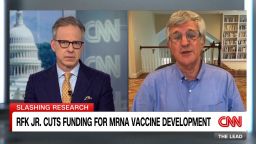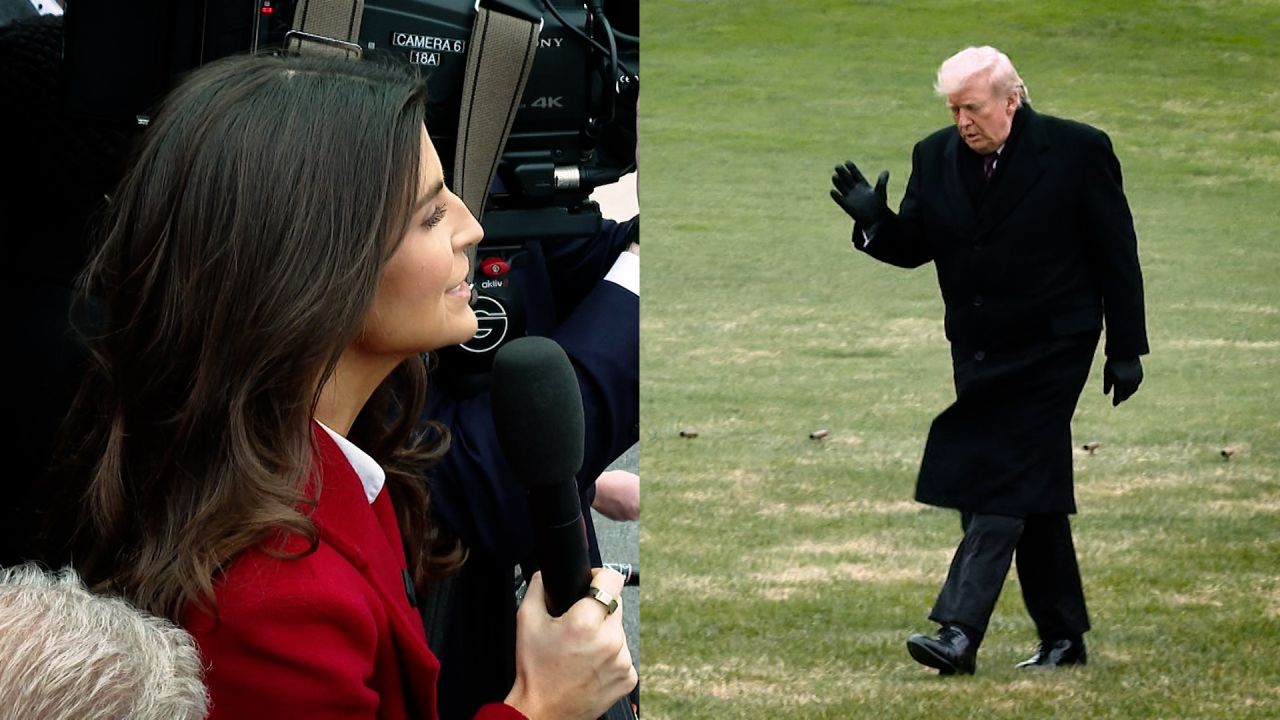US Cuts mRNA Vaccine Funding, Experts Warn of Serious Risks

President Donald Trump recently praised Operation Warp Speed, the federal initiative that expedited the development of mRNA COVID-19 vaccines, calling it “one of the most incredible things ever done in this country.” This commendation came just a day after Robert F. Kennedy Jr., the Secretary of Health and Human Services, announced the cancellation of $500 million in federal funding for mRNA vaccine projects. This decision has raised alarm among public health experts, who argue it could leave the United States vulnerable to future pandemics or biological threats.
Kennedy’s announcement indicated that no new mRNA projects would be initiated under the Biomedical Advanced Research and Development Authority (BARDA). He suggested that this shift was based on a review of scientific data and expert opinions, wrongly asserting that mRNA technology is ineffective, unsafe, and unethical. Experts fear these claims could hinder not only the current mRNA projects but also future developments in vaccine technology.
In a statement, Kennedy affirmed, “Let me be absolutely clear: HHS supports safe, effective vaccines for every American who wants them. That’s why we’re moving beyond the limitations of mRNA and investing in better solutions.” He proposed redirecting funds towards “safer, broader vaccine platforms,” such as whole virus vaccines, which utilize weakened or inactivated viruses to stimulate immunity. While countries like China have developed whole virus vaccines, studies indicate they are less effective than mRNA alternatives.
The Risks of Abandoning mRNA Technology
Dr. Cynthia Leifer, an immunology professor at Cornell University, criticized the decision, likening it to starting a kitchen remodel and stopping halfway to save money. “You’d be out your money and you don’t have a kitchen,” she explained.
Experts emphasize the unique advantages of mRNA vaccines in responding to pandemics. Dr. Jennifer Nuzzo, an epidemiologist at the Brown University School of Public Health, noted that mRNA vaccines offer significant flexibility, allowing for rapid development. Unlike traditional flu vaccines, which require lengthy processes to grow virus cultures, mRNA vaccines can be created in a matter of days. This is particularly crucial when facing unknown pathogens.
Dr. Michael Osterholm, an epidemiologist at the University of Minnesota, labeled the decision to reduce investment in mRNA vaccines as one of the worst public health choices in decades. He stated that vaccines represent a small portion of the pharmaceutical industry, and government funding is essential for their development. “If we had another pandemic today, we would have to watch large parts of the world not get vaccinated for several years,” he warned, suggesting the U.S. could find itself at the back of the line for future vaccine distribution.
Nuzzo pointed out that while another pandemic may not occur during Trump’s administration, the retreat from mRNA investment sends a concerning message about U.S. preparedness. “Defense posturing and defense preparation are the best form of deterrence for a biological attack,” she explained, stressing that this decision could be perceived as a lack of commitment to national health security.
Concerns Over Future Innovation
The Trump administration has aimed to boost domestic drug manufacturing, yet experts argue that ceasing investment in mRNA technology contradicts this goal. Katalin Karikó, who shared the 2023 Nobel Prize for her foundational work on mRNA vaccines, expressed concern that U.S. scientists may seek opportunities elsewhere. “It is really the next generation that will suffer the most,” she warned. “When we have the next pandemic, other countries will have to help us out.”
Overall, the choice to cut funding for mRNA vaccine research may not only hinder immediate pandemic preparedness but also stifle long-term medical innovation. As leading experts voice their concerns, the implications of this decision could reverberate through public health policy for years to come.






